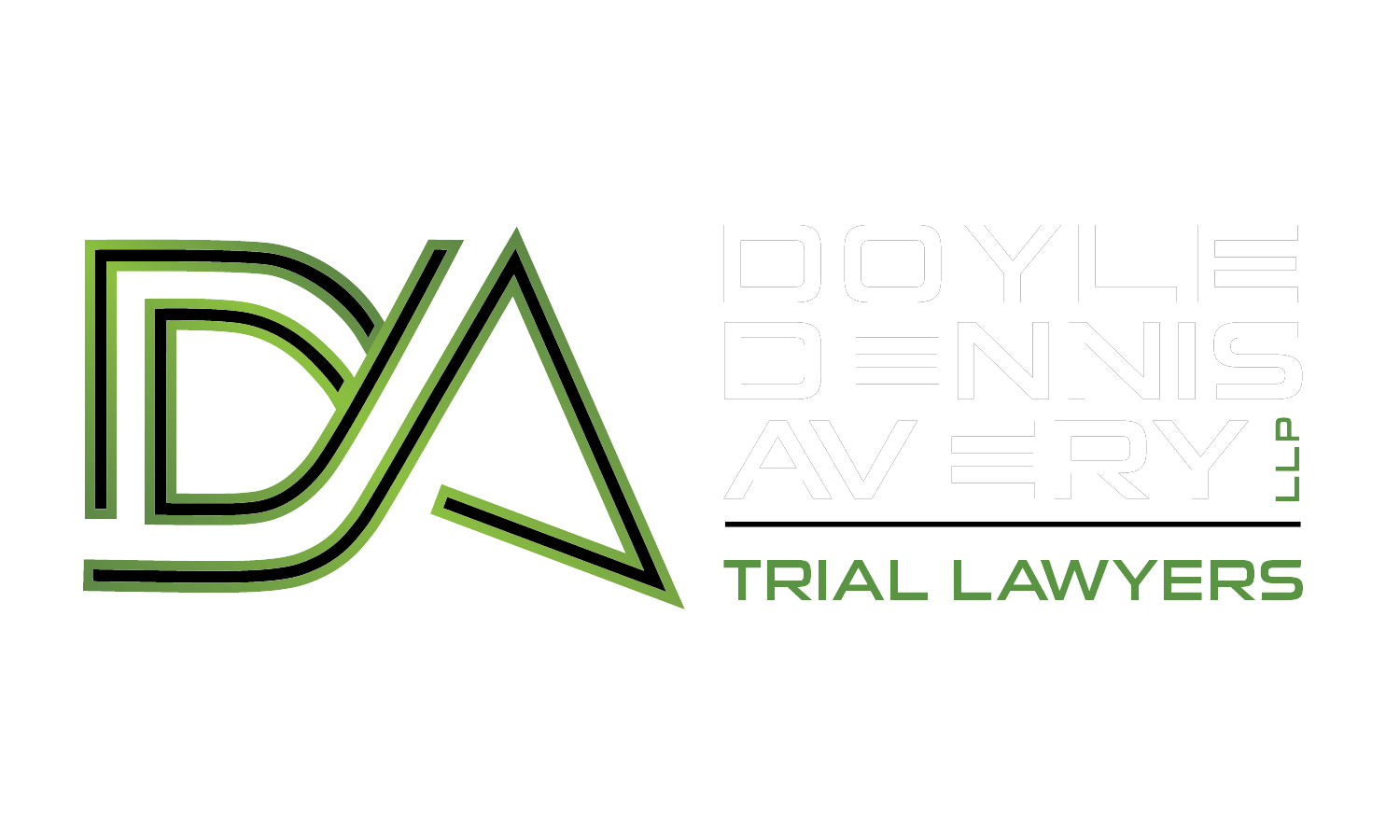Contractor fraud Qui Tam Retaliation
Doyle Dennis Avery LLP represents whistleblowers who have reported governmental fraud by contractors or by entities seeking grants or federal benefit programs. The False Claims Act provided important protection to ensure that federal programs are run free from fraud and theft by contractors, including by overbilling, fraud, miscoding, deceptive marketing, and other types of fraud.
What is the False Claims Act?
The United States originally enacted 31 U.S.C. §§ 3729 – 3733 – commonly known as the False Claims Act (FCA) – in 1863 in order to prevent contractor fraud during the Civil War. As part of this important legislation, Congress allowed private citizens to file lawsuits on behalf of the government against defense contractors who have committed fraud. These suits are commonly referred to as “qui tam” lawsuits. In combination with this right, these private citizens may also recover a portion of the recovery of the defrauded recovery. In addition to this whistleblower right, Congress also protected employees who report this fraud from being retaliated against by employers, contractors, or agents.
Who is protected?
The False Claims Act (FCA) protects employees from retaliation by their employers because of acts done “in furtherance of an action under this section or other efforts to stop 1 or more violations.” This specifically includes employees, contractors, owners, non-employed physicians, executives, and partners.
The False Claims Act applies to all industries within the United States, including: healthcare entities; military contractors; labor companies; technology contractors; scientific research; insurance carriers; and others. It may also include reports of violations of federal tax laws or the foreign corrupt practices act.
What is wrongful termination or retaliation?
Under the False Claims Act an employer may not “discharge, demote, suspend, threaten, harass, or in any other manner discriminate against in the terms and conditions of employment.” In other words, an employer may not wrongfully terminate or take action against an employee who makes a protected report.
What is the deadline to file a claim?
A wrongfully terminated employee must file a lawsuit within 3-years of the adverse action against them.
How can I prove retaliation?
The False Claims Act prohibits an employer from taking adverse actions against an employee because of lawful acts done in furtherance of the FCA. 31 U.S.C. § 3730(h)(1). To establish a retaliation claim, a plaintiff must demonstrate 1) his actions were in furtherance of the FCA; 2) his employer knew he was engaged in protected conduct; and 3) his discharge was motivated, at least in part, by the protected conduct. Fanslow v. Chi. Mfg. Ctr., Inc., 384 F.3d 469, 479 (7th Cir. 2004). The burden then shifts to the employer to articulate a non-retaliatory reason for the adverse employment action. A relator need not prevail in his underlying FCA action in order to prevail by way of a retaliation claim.
The Court applies a two-part test to determine whether an employee’s conduct constitutes “protected activity.” Moore v. Cal. Inst. of Tech. Jet Propulsion Lab., 275 F.3d 838, 845 (9th Cir. 2002)). By way of this inquiry, a court determines whether the employee in good faith believed his employer was engaging in fraudulent conduct and whether a reasonable employee in similar circumstances might believe that the employer was engaged in fraudulent conduct. Id.
What other laws may also apply?
In addition to a claim under the Department of Defense Authorization Act, it is possible an employee may have additional claims under Sarbanes-Oxley, the Dodd-Frank Act, the Consumer Financial Protection Act, the Criminal Antitrust Anti-Retaliation Act, the Tax Payers First Act, the Banking Secrecy Act, or other state law claims.
What Damages are available?
A prevailing Plaintiff who has been retaliated against may recover double the amount of back pay, interest on the back pay, and compensation for any special damages, sustained as a result of the discrimination, including mental anguish, litigation costs and reasonable attorneys’ fees.
Copyright © 2024 Doyle Dennis Avery LLP Trial Lawyers. All rights reserved. Powered By Blue Beam LLC
The information on this website is intended for general informational purposes only and is not legal advice for any individual case or situation. Viewing or receipt of content on this website does not create an attorney-client relationship between the user and Doyle Dennis Avery LLP.
The cases, verdicts and settlements displayed on this site are solely for illustrative purposes and should not be considered a guarantee or prediction of the outcome of any other claims or cases. Each case is unique, and past outcomes are not indicative of future results.
We recommend that users consult with an attorney for legal advice on any questions or concerns they may have. Users rely on the information on this website at their own risk.
